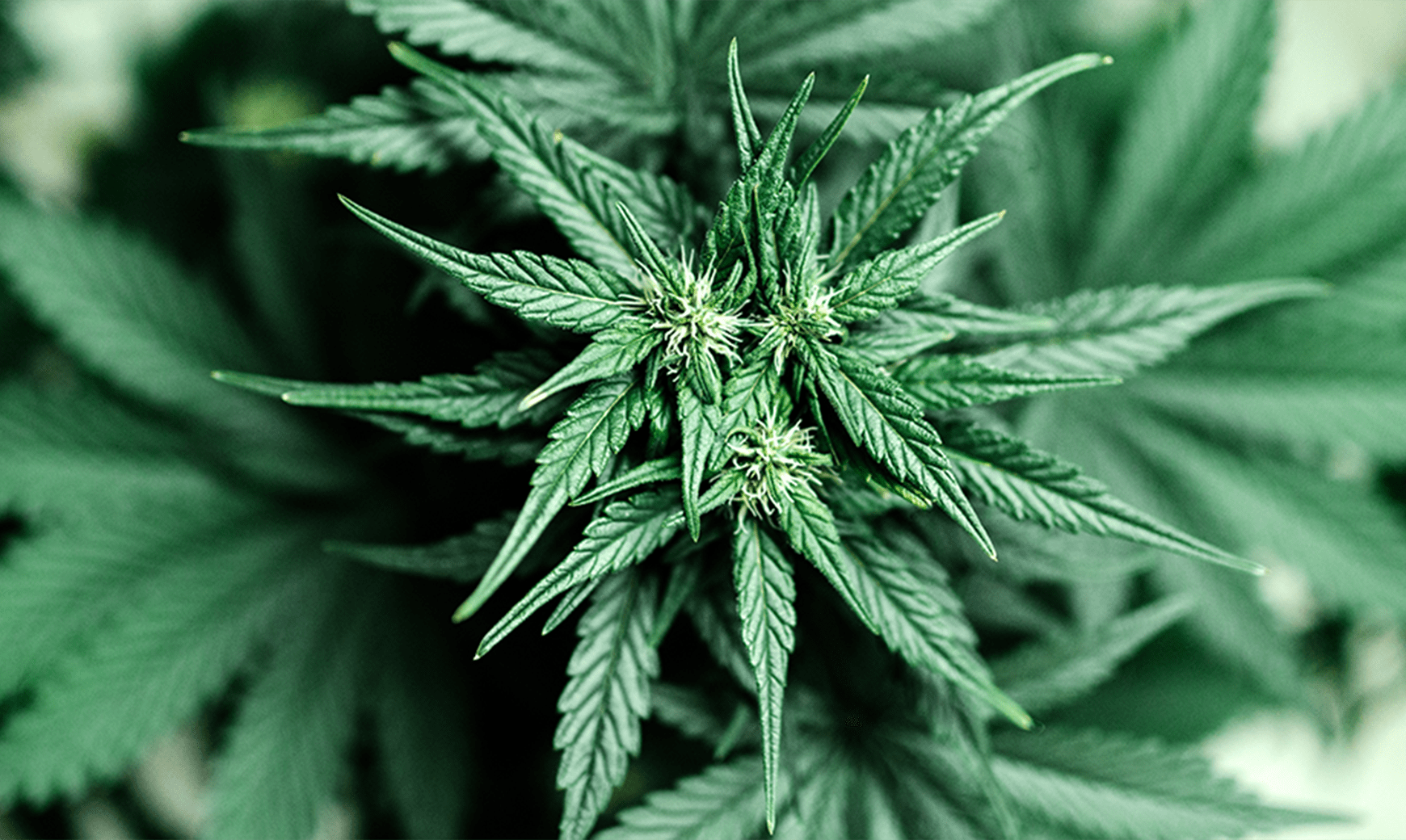In a landmark move, New Jersey’s Senate Health, Human Services, and Senior Citizens Committee convened yesterday to deliberate on the Psilocybin Behavioral Health Access and Services Act, a groundbreaking bill with the potential to revolutionize the ways mental health treatment in New Jersey is addressed. Spearheaded by Senate President Nicholas Scutari and Senator Joe Vitale, the bipartisan legislation garnered significant attention as it seeks to establish a regulated framework for the production and use of psilocybin—the psychoactive ingredient in “magic mushrooms”—as a behavioral health treatment.
Psilocybin, recognized as a “breakthrough therapy” by the Food and Drug Administration, has shown promising results in treating severe depression, anxiety, post-traumatic stress disorder, substance use disorder, anorexia, and chronic pain.
Under the proposed bill, a 15-member advisory board within the Department of Health would be responsible for establishing specific requirements and standards over an 18-month period before the program is put into action. Before receiving treatment, patients must have a defined list of eligible health conditions from a list developed by the advisory board. The Psilocybin Advisory Board would include key officials such as the health commissioner, the attorney general, the adjutant general, the deputy commissioner for health services, or their representatives, along with experts in public health programs and a representative of the Public Health Council. Furthermore, nine public members with relevant expertise would be appointed by the governor.
Additionally, the legislation stipulates that patients seeking treatment must be at least 21 years old and must obtain a referral from a qualified professional, such as a physician, psychiatrist, psychologist, or clinical social worker.
During the hearing, expert testimonies provided compelling evidence of psilocybin’s efficacy in treating various mental health disorders. Denise Rue, a licensed clinical social worker and founder of the NJ Psychedelic Therapy Association, highlighted the benefits of psilocybin therapy for conditions like anxiety and depression. Joseph McCabe, a surviving firefighter from 9/11, shared his experience with cluster headaches and emphasized the potential of psilocybin in providing relief.
Despite the bill’s momentum, some raised concerns regarding its implementation model and the need to ensure evidence-based practices. Senator Holly Schepisi expressed reservations about aligning with the Oregon model, emphasizing the importance of delivering psilocybin therapy safely to New Jersey residents. Others raised questions about the prescription process and the resumption of normal activities post-treatment. Oregon has legalized psilocybin, and Colorado voters have approved a plan to do the same, expected to take effect this year. Other states, such as Connecticut and California, have also introduced bills to legalize psilocybin.
The committee’s 6-2 vote in favor of the bill marks a significant milestone in the journey toward expanded mental health care options in New Jersey. The McCarter & English Cannabis and Government Affairs practices are well positioned to navigate this critical juncture, with invaluable connections on both sides of the aisle in the Legislature. As the legislative process progresses, we anticipate further developments that will significantly impact the landscape of behavioral health access and services for years to come.
